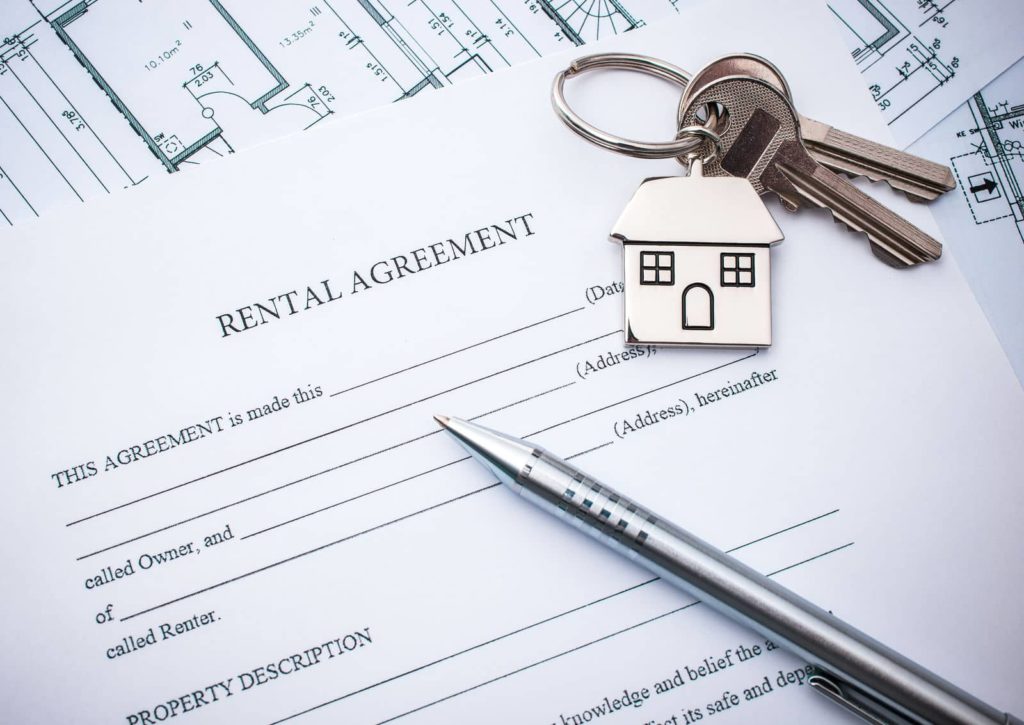What to Know About Landlord-Tenant Laws In Florida
Florida is one of the country’s most popular destinations for seasonal renters and vacationers. In fact, Florida is among the top rental markets in the U.S., as 33.8% of the real estate in Florida is rental occupied, according to 24/7 Wall Street, a real estate website.
With the high volume of renters throughout the state, it is understandable that landlord/tenant disputes are common. Here is what you need to know about landlord-tenant laws in Florida.

Rental Agreements
It is important to note that every landlord/tenant relationship is different. Whether you have known the other party for years or only met briefly, it is vital that all rental agreements, or leases, are in writing.
In Florida, oral rental agreements are permissible, however, oral leases for more than a year are unenforceable under the statute of frauds. It is always best practice to have your rental agreement in writing.
Deposit Disputes
Whether you are renting a place for a short vacation or for an extended period of time, you most likely will be required to submit a security deposit. In this instance, the landlord will hold a set amount of money from the tenant for any damages during the stay.
It is best practice to take photos and videos of the premises before your stay to note any existing damages you are not liable for. This can help eliminate or minimize disputes later.
Per Florida law, when the tenant leaves the property, the landlord has 15 days to return the security deposit if they determine there are no damages. If the landlord claims damages, they must let the tenant know in writing how much of the deposit will be kept and why, within 30 days, or they forfeit the right to the deposit.

Fair Housing Act
In the state of Florida, all landlords and real estate owners must abide by the Fair Housing Act. This law prohibits landlords from asking potential renters questions about medical history, age, any disability, familial status, ancestry, national origin, marital status, sexual orientation, religion, color, or race. These protections help tenants from being discriminated against when renting a property.
The law also prohibits preferential treatment for real estate transactions, refusing to rent a property for discriminatory reasons, providing unequal housing services, or implying preference based on disability, sex, religion, national origin, or presence of children.
Responsibilities of Each Party
Responsibilities may vary based on the HOA restrictions, communities, and properties; however, Florida law is specific about common responsibilities for a rental. Under Florida law, the landlord at all times during the tenancy shall: (a) Comply with the requirements of applicable building, housing, and health codes; or (b) Where there are no applicable building, housing, or health codes, maintain the roofs, windows, doors, floors, steps, porches, exterior walls, foundations, and all other structural components in good repair and capable of resisting normal forces and loads and the plumbing in reasonable working condition. The landlord, at commencement of the tenancy, must ensure that screens are installed in a reasonable condition. Thereafter, the landlord must repair damage to screens once annually, when necessary, until termination of the rental agreement. Landlords also need to provide, keys and locks, garbage disposal options, and running water.
Tenants are responsible for complying with all building, housing, and health codes and keeping the dwelling clean and sanitary, removing garbage from the home, keeping the plumping in reasonable condition, not destroying or removing anything in the property, or unreasonably disturbing the neighbors.
Responsibilities should always be established during the rental agreement to ensure each party knows what they are reliable for.
Hiring a Real Estate Lawyer
Landlord and tenant disputes can be complicated and often lengthy litigation process. If a legal issue arises regarding such, it is best to hire a skilled real estate lawyer. If you are in need of a real estate lawyer, trust Bonaquist | Allen law.
With over 40 years of experience in the Southwest Florida market, Bonaquist | Allen is the name you can trust to settle a rental disagreement, deposit dispute, or fight for your right to fair housing. Our accomplished attorneys are also experts in purchase and sale transactions, commercial leases, real estate tax issues, and more.
Located in Naples, our local real estate lawyers know and love this community. In fact, our attorneys are a part of numerous civic and professional boards and associations including the Collier Building Industry Association.
Our team will use our real estate connections, experience, and skills to make sure you receive the justice you deserve. As a small firm, your case will be the top priority as we are committed to serving you and your real estate needs. Whether you’re buying, selling, renting, or leasing – trust Bonaquist | Allen as your Naples real estate lawyer. Contact our office today at 239-276-7127 or by visiting BonaquistAllenLaw.com.
